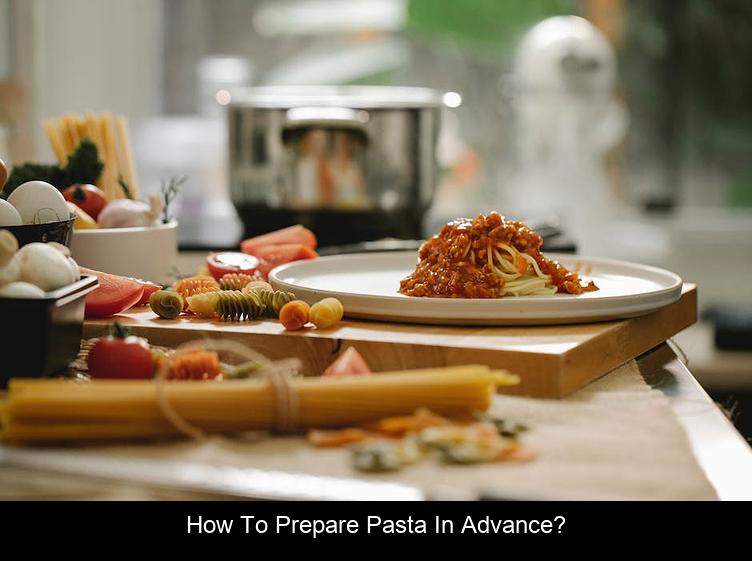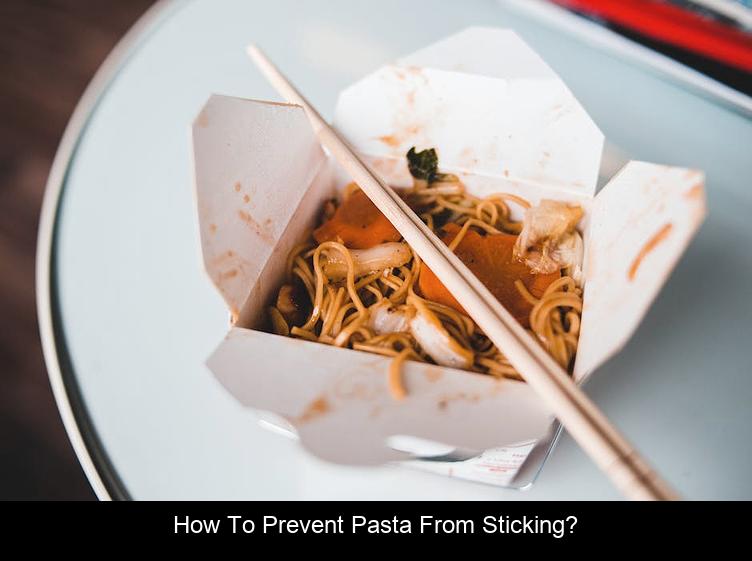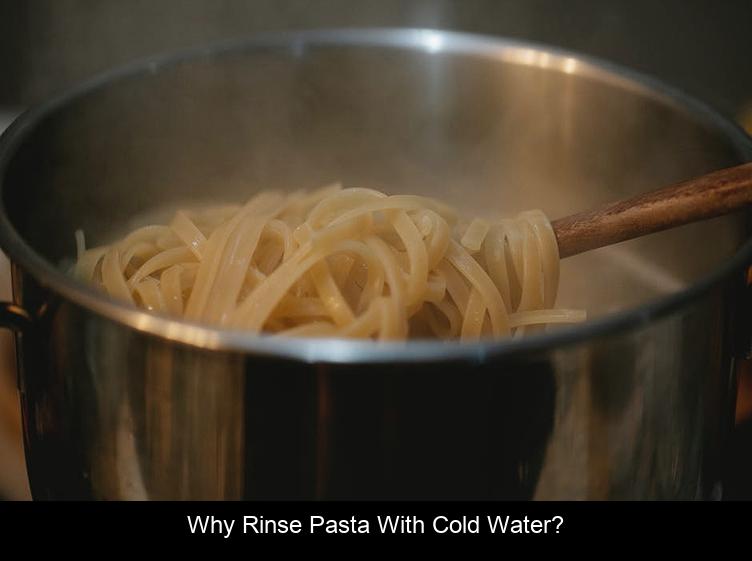If your pasta sticking to your plate is causing you trouble, you might be able to try some simple techniques to help. And, depending on the recipe, these might be different ways to do it each time you make it.
If you’re sticking to a single cook, either by issuing a proclamation to the world that you’re a kind and fresh man, or by leaving the kitchen too, then you might be able to try a Stapler.
This product is a Stapler that stands on its axis and pulls the pasta apart, letting it air-dried for a few days before cooking.
This is a more traditional technique, used by the Italians for a few different reasons: to keep the pasta sticking together, to prevent it from coolant leakage, and to prevent the pasta from sticking to the crossbar of the stapler.
eleven, then you can cook it.
eleven, then you can cook it.
Why does my pasta stick?
First, make sure you put enough water in your pan. Once cooking has started, it is important to stir occasionally with a wooden spoon.
How to prepare pasta in advance?
To prepare the pasta in advance, we advise you to cook it for half the time indicated, let it cool completely, cover it with cellophane and put the dish in the refrigerator. This way you can eat the pasta even 24 hours after pre-cooking it!

Why rinse pasta after cooking?
In fact, when you rinse them, your pasta is effectively relieved of all the starch that was released during cooking under the pressure of the heat.
How to make pasta not sticky?
If you want to save your pasta for later, you can rinse it very lightly, but that won’t prevent it from sticking together. In summary, the only way to prevent pasta from sticking is to cook it in a sufficient volume of water and toss it with the sauce immediately after cooking.
How to prevent pasta from sticking?
The first thing to do is to cook the pasta in a really boiling water so that the starch sticking to the pasta and the water release less. The second thing to do is to immediately drain the pasta once cooked, in a large colander.

How do I keep pasta warm?
Different from pasta, which should be sprinkled with a neutral oil (eg peanut, rapedee, or sunflower oil) and put back in the pot immediately, pasta can be cooked with a neutral oil (eg peanut, rapedee, or sunflower oil) and then put in the oven for a longer time.
You can serve them in hot plates or deep plates. It makes a good dish warmer.
We will cool them, remove all the starch they contain, and store them in the fridge.

6. It may seem logical, but it often happens that the pasta sticks because it was cooked in an insufficient volume of water. The second thing to do is to immediately drain the pasta once cooked, in a large colander.
How do I keep pasta warm?
Different pasta dishes require different amounts of oil, including peanut, rapeseed, and sunflower oil. They will be able to wait 20 to 30 minutes covered on the warm plate.
How to keep pasta warm?
You can serve them in hot plates or deep plates. It makes a good dish warmer.
Why rinse pasta with cold water?
We will cool them, and in addition, will remove all the starch they contain.
Why remove starch from pasta?
6. Don’t rinse cooked pasta. Although the answer to this question is not unanimous, many experts advise against rinsing cooked pasta: it will lose the starch that helps the sauce stick to the pasta. Simply drain them in a colander and serve immediately.
Why shouldn’t the pasta cooking water be thrown away?
As a fertilizer, the lukewarm water from the pasta would enrich the soil for green plants. It is a fertilizer that is both natural and economical.

Hello there! My name is Tristram Ortega and I am a professional chef with a passion for cooking. I work at a top-rated restaurant where I create delicious dishes every day, and I’m excited to share my tips and techniques with you. Through this blog, I share my favorite recipes, cooking hacks, and insights into the world of professional cooking. So let’s get cooking together!